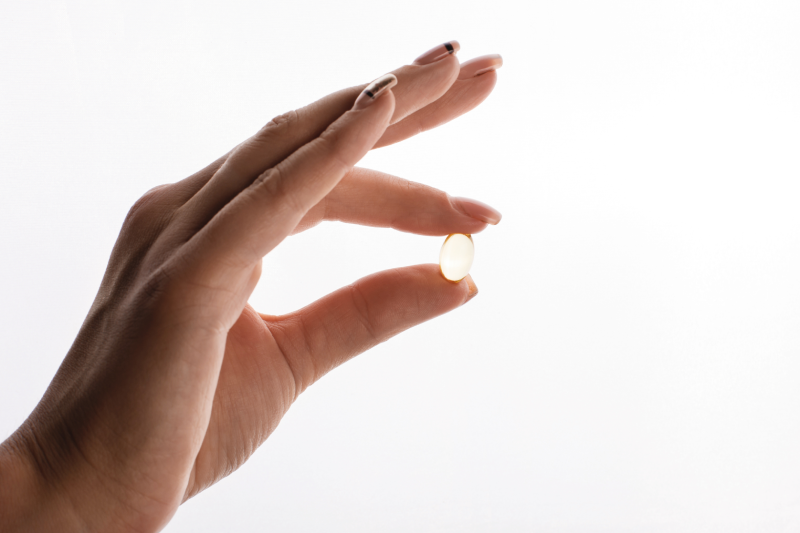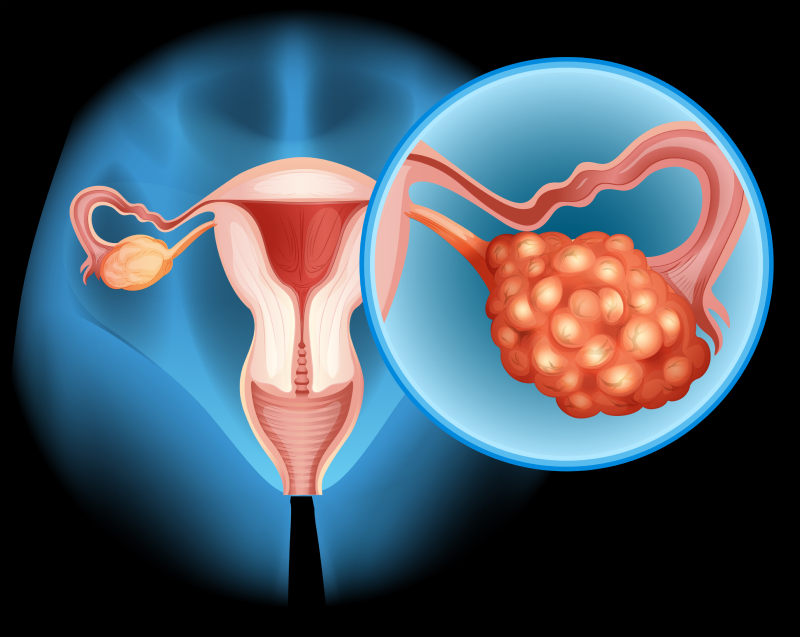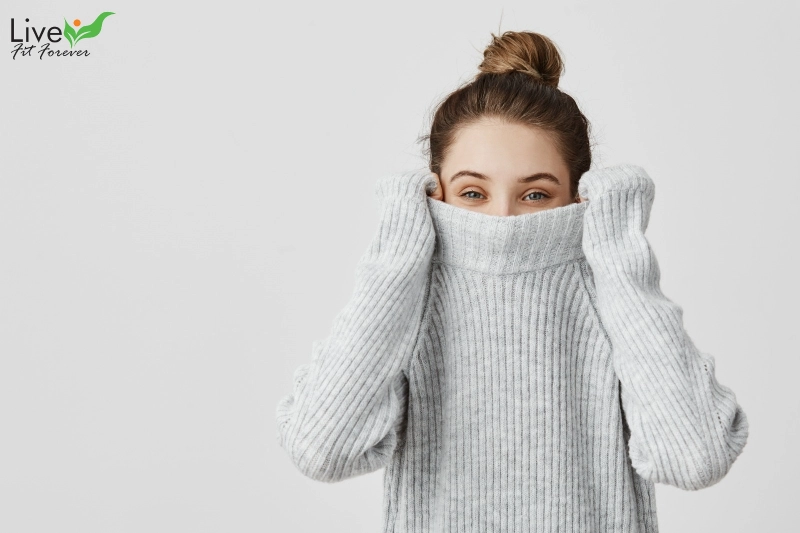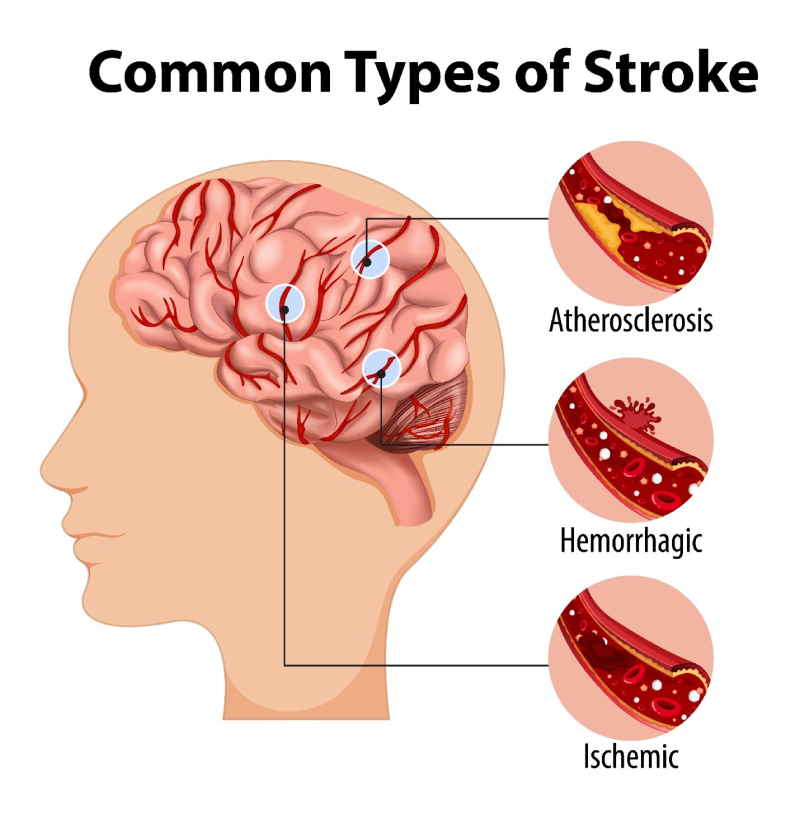Home Remedies for Insomnia – Sleep Better Tonight

Livefit4ever,
Medically Reviewed by Dr. Vikram Sharma (MBBS, MD)
September 17, 2020
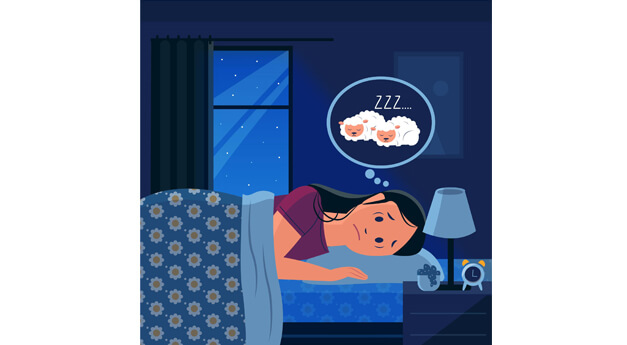
Home Remedies for Insomnia
Sleep deprivation can kill – Yes, it’s a fact – The Death of Michael Jackson is a testimony to this fact.
Michael Jackson was preparing for a series of comeback shows – which were just falling by the wayside. As he was preparing for the comeback shows destiny took a sharp turn and everything fell apart.
He was unable to sleep for months together – even one of his doctors told courtroom that Michael Jackson went without real sleep for two months leading up to his death. Even those powerful nightly infusions of propofol (a surgical anaesthetic) which were being given to him for months to treat his insomnia proved inadequate as his hard-fought battle with insomnia eventually ended. He at last succumbed to his insomnia in 2009.
He died due to an overdose of the anaesthetic and another sedative. According to Dr Charles Czeisler, a Harvard Sleep Scientist, had Jackson not died primarily of the overdose of anaesthetic, he may have eventually died of lack of REM sleep.
This is in fact the most powerful message for all those who think that a few hours of sleep is more than enough to lead healthy life – in spite of working extensively throughout the day. I am still wondering – Are we repeating the same mistake what late Michael Jackson made?
Your mind, your emotional health, your activities, surrounding, work, biological clock, eating habits, relationships, work pressure, mental health, nutritional status, body make up, social life, vitamins and mineral levels in the body, melatonin and serotonin levels, gastrointestinal health and many more factors may affect your sleep. The list of factors that affect sleep is quite extensive. In spite of such a huge number of factors that affect your sleep, you can still take control of your mind and sleep by making some proven lifestyle changes that ensure sound, restful, REM and uninterrupted sleep. The following are a few among those factors:
Ensure Complete Darkness
This is not just when you go to bed. You must ensure complete darkness for a few hours leading up to your bed time. Ensure complete darkness in your surrounding area as well including your bedroom at least an hour before you go to sleep. Make sure that you are not allowing even a slight streak of light from anywhere. Even the slightest bit of light can disrupt melatonin production immensely. Never use night lamps with low voltage – as all types of white lights disturb your sleep.
There is one interesting gland in the brain called pineal gland that produces melatonin in darkness. This chemical induces production of serotonin. Both serotonin and melatonin help you in falling asleep. Melatonin and serotonin production hamper in the light and thus your sleep shatters.
Many people falter again by making a mistake of turning on night lamps when they wake up during night to go to the bathroom. The best solution is to close all lights of the room and don’t use night bulbs at all in the room.
Use blue lights instead – when you wake up, use these lights as they emit amber light which doesn’t disrupt melatonin production.
To get real benefits, if you are suffering from insomnia, then use black window panes or panels to cover windows and also use black curtains to cover them.
Set Optimal Room Temperature
Ideal room temperature for inducing deep sleep is somewhere between 240C – 250C. Room temperature should not be more or less than this threshold. Usually room temperature is slightly lower than the surrounding temperature. Too warm or to cool room can make you feel restless even if you sleep, it doesn’t induce REM or sound sleep.
Remove electromagnetic Fields from your Room
First of all, check whether your bedroom is under the influence of strong electromagnetic fields. As we have seen with certain wavelength of light, electromagnetic field can also affect sleep by disrupting adequate production of melatonin and serotonin. To check electromagnetic field in your bedroom, use a Gauss Meter.
Don’t Set Alarm Using Mobile Phones
The trend of setting alarms to wake up early in the morning has nowadays become obsolete – instead mobile phones are offering a better alternative both in terms of quick setting, portable usage and other bedtime works.
Many people are making their lives miserable by taking mobile phones to their bedrooms. I request you to just get rid of this habit immediately if you are also one among them. Believe me! Mobile phone is literally eating our lives by consuming our sleeping time and making us prone to insomnia. The final word here is – use traditional alarm clock to set alarm and forget about mobile phones.
Remove all Smart Gadgets from Your Bedroom
If you do this, you will win half the battle of insomnia. This is a fact as all the smart gadgets including your iPads, laptops, mobile phones, computers, TVs and smartphones emit a certain wavelength of light. Your melatonin production and also serotonin production go down due to the negative effect of such a wavelength of light. Avoid all such wavelengths of light, or else you may eventually pay the price in the form of insomnia.
What else can you do?
- Follow this age-old proverb – early to bed and early to rise makes a man healthy wealthy and wise.
- Expose yourself to natural sunlight during the daytime.
- Work in bright artificial lights if you are working indoors during the day.
- Keep yourself busy throughout the day and take intermittent breaks from work to expose your body to natural light (sunlight).
- Ensure optimum Vitamin D, magnesium and potassium levels as they are good for inducing sleep.
- Physical activity during the day is beneficial, but exhaustive workout just before the bedtime is not recommended.
- Avoid taking heavy meals just before sleeping.
- Take light meals an hour or two before bedtime.
- Just shut down all activities before you make up your mind for rest and sleep.
- Don’t ever ponder on unfinished tasks and activities.
- Just forget the one which is left undone.
- Free your mind from all sorts of compulsions and distractions.
- Close all lights of your bedroom an hour before you sleep.
- Avoid exposure to artificial lights prior to going to bed.
What happens If you remain Awake for longer than 36 hours?
Your sleep and wakeup cycle regulates the release of several hormones, but the prominent among those include – cortisol, insulin and human growth factor. In addition to affecting the levels of these hormones, the side effects of sleep deprivation include the following:
- Cortisol levels rises
- Blood pressure increases
- Metabolism alters
- Appetite changes
- Mood changes
- Stress increases
- Decreased attention span
- Faulty reasoning
- Altered decision making ability
- Decreased motivation
- Hormonal imbalances
- Extreme fatigue
- Risk of injury
- Reduced work efficiency (performance)
- Cognitive impairments
- Difficulty staying alert
- Forgetfulness
- Drowsiness
- Anxiety
The risk of these health conditions increases in individuals who are insomniacs or chronic sleep deprived: high blood pressure, obesity, heart disease, mental illness, brain stroke and type 2 diabetes.



